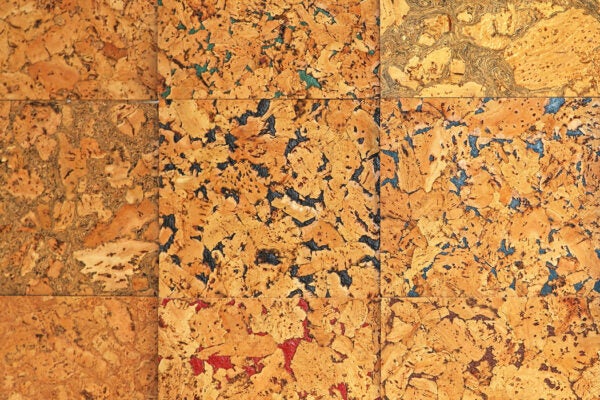Brain Time, Mountain Streams, and Rawls the Radical
Well-researched stories from Eos, Black Perspectives, and other great publications that bridge the gap between news and scholarship.
Get Out of Dodge with Cross Reference
This month’s puzzle features a nod to the Second City.
The Shah, Our Man in Tehran?
Playing up the threat of the communist incursions, the Shah of Iran gained more and more support—financial and political—from the United States.
Kongo, Interpreted
In the sixteenth century, Kongo’s government trained young nobles to provide interpretation and cultural mediation between Europeans and Kongolese.
What Is Serendipity?
We often credit unexpected events to serendipity. But who amongst us knows The Three Princes of Serendip, the tale from which the word derives?
Race and American Pop Culture in Zainichi Stories
A close reading of the 1996 novel GO suggests zainichi identity is in dialogue with multiple national cultures, including American.
Putting a Cork in It: In Construction, That Is
The bark of the evergreen oak Quercus suber has been used for millennia as a construction material. Could it be our answer to sustainable buildings?
Waiting for Godot Has Been Translated into Afrikaans
What took so long?
Filles du roi: the Founding Mothers of New France
Sent by Louis XIV, the filles du roi were sent to North America to birth new generations of colonists and help conquer the land.
US–Iran Relations: 1953
What really happened in Iran back in the day, and what did the United States have to do with it?









